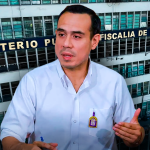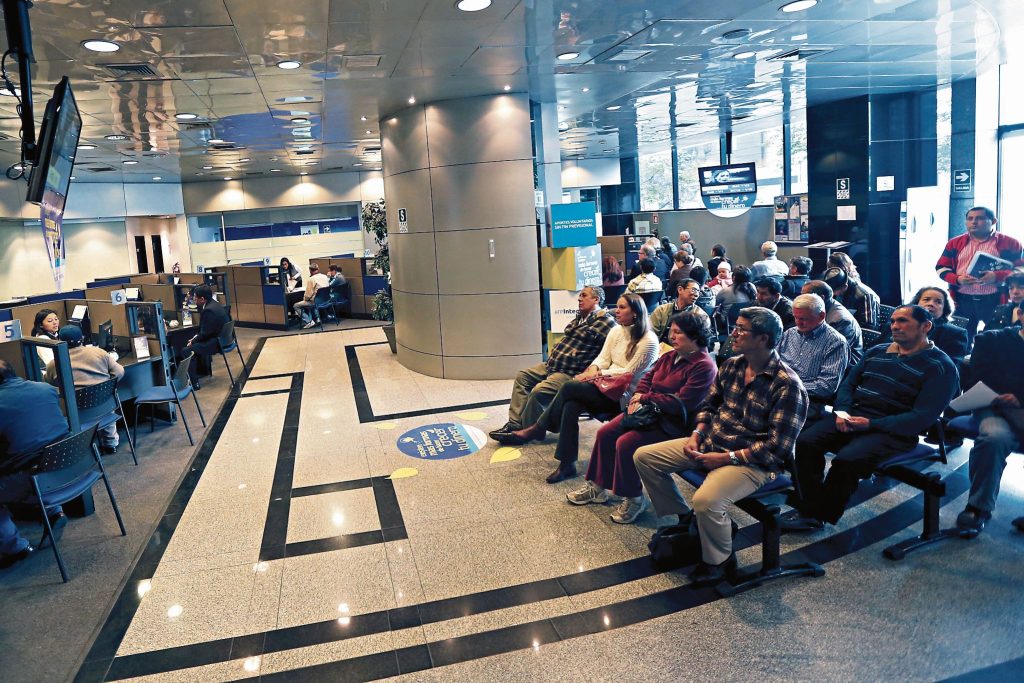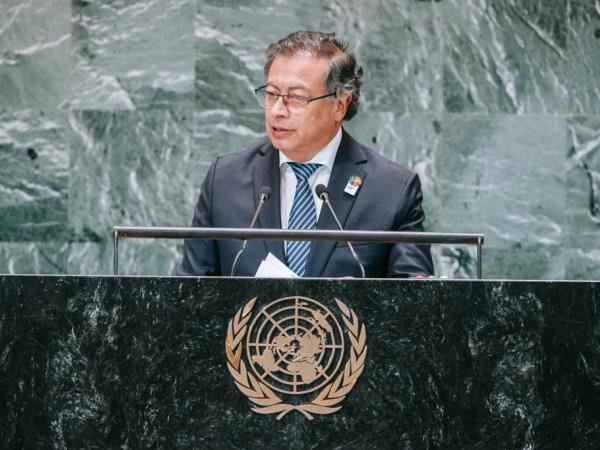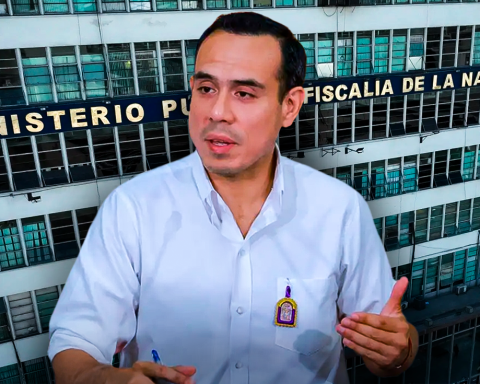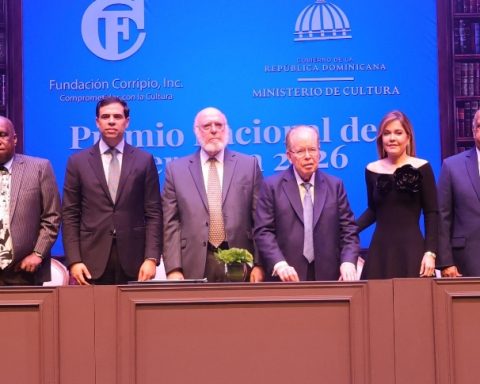Bernardo Barranco V.
AND
Pope Francis The Vatican has made public the financial crisis. It has an operating deficit of 83 million euros in 2023. This amount represents an increase of 5 million compared to the 2022 financial year. The Pope urgently calls for the support of the members of the College of Cardinals to implement initiatives to prevent a greater loss.
One explanation is that the deficit is due to a decrease in donations from the faithful and an increase in operating expenses. In his exhortation to the cardinals, the Pope stressed the need to manage economic resources in a more rigorous and efficient manner.
The Vatican relies primarily on contributions from the wealthiest churches, such as the German, American, Spanish and Italian churches. Mexico is one of the churches that contribute the most resources in Latin America. In addition, there are donations from the faithful around the world through the Peter’s Pence. In 2023, income amounted to 48.4 million euros, a slight improvement compared to the 43.5 million collected in 2022. However, these funds are not enough to cover the expenses of the Roman Curia, which the Pope estimates at 90 million euros annually.
The issue is not new, deficits have been recurring for more than 10 years. In this space since 2017 we have warned of the growth of the financial crisis, nor have we observed actions or strategies that reverse the fragile finances of the Holy See. For decades this burden has been dragging on without finding a definitive solution. It must be recognized that the size of the deficit is not so fearsome for a small nation-state that has hundreds of properties in Rome with a very high capital gain. The problem is deeper. It is enough to look at the debt of a company like Televisa, which reaches 59,276.4 million pesos, a net loss of 78 million in the second quarter of 2024. Or the Salinas Group, whose debt with the SAT alone reaches 63 billion, something like 3.5 billion dollars.
The Holy See is experiencing financial difficulties that it has been experiencing for some time. The Vatican is not immune to the economic crisis caused by the global pandemic. Unlike other states, it can only sustain itself through donations from the faithful, commercial and tourist activities, and fixed investments. Unlike other states, it has very few options to operate in the event of an economic downturn.
We must go back to the 1980s, with the murder of the financier Roberto Calvi, owner of the Ambrosiano bank, and the banker of God, Monsignor Paul Marcinkus, both mobsters who invested funds in tax havens, in the arms industry, in condoms and in German pornographic publishers. We must also recall the crisis of the Vatileaksleaked documents that uncovered corruption and dishonest management of resources by high-ranking members of the Curia. The entire scandal came to light at the end of January 2012, during the broadcast of a television program in Italy called The Untouchables ( The Untouchables )In the fall of 2019, the book by the same TV journalist Gianlugi Nuzz was published, entitled Giudizio universale (Universal Judgment)a detailed text on the Vatican economy. It brings together 3,000 pages of confidential documents on financial and economic matters of the Holy See, which he said he had collected since 2013.
The book says that because of the sexual abuse crisis and power scandals, donations to the Vatican have dwindled in 2018 to 51 million euros ($56.9 million), compared with 101 million euros ($112.7 million) in 2006. Nuzzi’s main warning, issued before the pandemic, is that the Vatican’s finances have been inadequate; if they continue like this, it would be completely bankrupt by 2023. That prediction has only partially proven true. Now Bergoglio is in limbo, with no clear ideas for how to balance the Vatican’s finances.
Beyond the economic crisis that Europe has suffered, the current Vatican financial crisis is a consequence of a greater crisis in the Catholic Church. The Vatican’s debacle is due to three clear factors. First, the Covid-19 pandemic severely hit donations as churches were closed or empty. Second, the decrease in donations or alms was reduced by the tragic scandals of sexual abuse of minors and the poor treatment that the institution has given to the victims. Third, there are the palace fights and other scandals of financial corruption and mismanagement of the resources of high members of the Roman Curia. The latest case, among many, is the unprecedented five-year prison sentence of Cardinal Angelo Becciu, former advisor to Pope Francis, for real estate financial crimes.
Let’s be frank. The Vatican’s economic crisis is not just financial, it is a reflection of the crisis of the Church itself. Despite the efforts of Pope Francis, the financial deficit reflects a toxic relationship between the Church and the culture of contemporary modernity.







